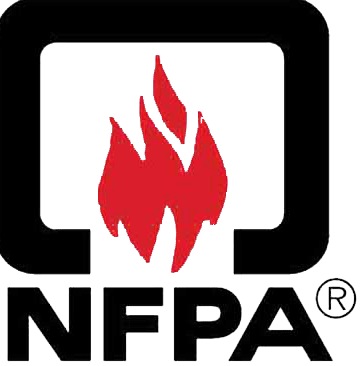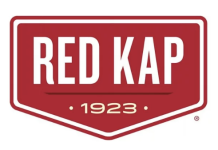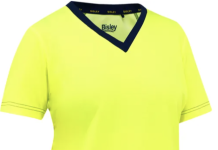Fabrics found in everyday wear will not shield workers from flame related hazards. Fabrics used in FR garments are treated with a flame retardant chemical, making them FR. There are many different fabrics that are treated in FR garments; each fabric is unique and used for different purposes. Additionally, each has been tested and is regulated in order to meet OSHA safety standards.
So, how do you know which fabric is right for you? The following fabrics describe where they should be used and avoided and how to care for each type, helping to make your path to the perfect FR clothing and apparel much easier.
Durable FR 100% Cotton
These fabrics are perfect for you if your job involves ferrous metals found in foundries, flame cutting or welding. If you work in utilities, petrochemical and chemical plants, oil, gas, military applications or if you fight wildfires. You should NOT use these types of fabric if you work with molten “white metals” including aluminum, magnesium, zinc or in situations with critical static control. Cotton will also not protect you from chemical exposure. Correctly caring for your durable FR cotton is important in protecting yourself from injuries. You must use soft water when laundering cotton garments. The minerals present in hard water may affect the FR characteristics in garments and could even serve as an ignition source. Also avoid using fabric softeners, starches and other laundry additives. Absolutely do not use chlorine bleach, industrial laundry detergents or chemicals containing hydrogen peroxide.
Durable FR Cotton Blends
Cotton blended fabrics are designed to be more durable than other woven and knit fabrics. These fabrics are made FR by applying a flame retardant that is bound to the cotton fiber for durability.Similar to the other cotton garments, the blended garments are recommended for use in utilities, petrochemical, oil, gas, military applications and wildland fire fighting. These fabrics can also be used around ferrous metals in foundries and welding. You should NOT use these types of fabric if you work with molten “white metals” including aluminum, magnesium, zinc or in situations with critical static control. Cotton will also not protect you from chemical exposure. Correctly caring for your durable FR cotton is important in protecting yourself from injuries. You must use soft water when laundering cotton garments. The minerals present in hard water may affect the FR characteristics in garments and could even serve as an ignition source. Also avoid using fabric softeners, starches and other laundry additives. Absolutely do not use chlorine bleach, industrial laundry detergents or chemicals containing hydrogen peroxide.
FR Disposables
FR disposables are made from 55% woodpulp and 45% polyester.This fabric is easily the most comfortable you can buy for FR. However, the FR of these garments are not guaranteed for the life of the garment.These garments may be used in some welding operations with harsh environmental exposures and the molten metals industry. They have a short durability life and therefore the laundering process is not a benefit.Do not launder these garments often. However, when they are laundered you must use soft water when laundering cotton garments. The minerals present in hard water may affect the FR characteristics in garments and could even serve as an ignition source. Also avoid using fabric softeners, starches and other laundry additives. Absolutely do not use chlorine bleach, industrial laundry detergents or chemicals containing hydrogen peroxide.




